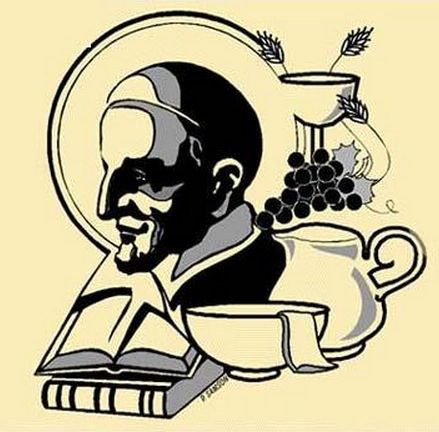 Twenty-First Sunday in Ordinary Time (C), August 25, 2013 – Is 66, 18-21; Heb 12, 5-7. 11-13; Lk 13, 22-30
Twenty-First Sunday in Ordinary Time (C), August 25, 2013 – Is 66, 18-21; Heb 12, 5-7. 11-13; Lk 13, 22-30
If we persevere, we shall also reign with him (2 Tim 2, 12)
Jesus is not like those negligent pastors who fail to strengthen the weak parishioners by not telling them to brace themselves for trials (St. Augustine). Nor is he like the televangelists preaching prosperity. He discloses to us that we have to enter through the narrow gate.
Such a disclosure is consistent with his previous teachings on the disciple’s self-denial and daily cross and on the kingdom’s demand for complete dedication that neither gets delayed nor looks back. It likewise refers concretely to the earlier warning that to follow him who has nowhere to lay his head is to ask for something to eat, to look for a place to stay and to knock on neighbors’ doors (J.A. Pagola).
Indeed, to be an itinerant and mendicant preacher in solidarity with the poor is required by God’s kingdom. Jesus will note later, “It is easier for a camel to pass through the eye of a needle than for a rich person to enter the kingdom of God.” And the hearers will ask astonished, “Then who can be saved?”; the Teacher will reassure them, “What is impossible for human beings is possible for God.”
The same Jesus, then, who opens our eyes to the truth that it is hard to enter the kingdom of God also reveals that we have no reason to get discouraged. He advices us not to waste our time and energy worrying about whether only a few or many will be saved, whether or not we will be counted among the blessed by the Father. Better if we focus our efforts on living in accordance with the demands of the Gospel. “Justification by association” or being where people go is not enough; personal commitment is indispensable. The righteousness of the scribes and Pharisees does not suffice either.
Yes, he warns us that a major obstacle to entering the kingdom is our boastful self-sufficiency or the unhealthy trust we put in ourselves: in our belonging to this or that religion, tradition, nation; in our social standing or career; in our possessions; in our “process of growing self-awareness” that is based on an ideological “psychologizing” or in our practices, adopted perhaps from both the “higher spirituality, generally disembodied” of the Gnostics and “Pelagian restorationism” (Pope Francis). Relying thus on myself and feeling self-sufficient, I run the risk of looking out only for my interests and saying foolishly to myself, “I, and no one else” (Is 47, 8. 10).
But no one should presume to think himself to belong to the remnant, the chosen few who will be saved. God can bring out royal and priestly children from despised peoples. The one for whom all things are possible can raise up countless worshippers in Spirit and truth from the east and the west, from the north and the south, poor and humble, tried like beloved and well-brought up children, who will recline at table in the kingdom of God.
These will not reduce the transcendent God to a household or local god, Mount Zion’s or Mount Gerizim’s. But they will meet him wherever they are, for this strong God was made flesh in weak Jesus. He is there where two or three or more are gathered together in his name, as in the Eucharist. He is there, too, where are found the poor who, according to St. Vincent de Paul, keep the true religion, a living faith, in the midst of sufferings, and who set a good example for someone who locks himself up in his comfort zone, his room, his books, his Mass (Coste XI, 201).
Ross Reyes Dizon
Tags: A Vincentian reading of the Sunday readings, Trust in God

